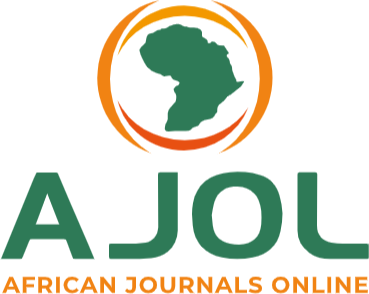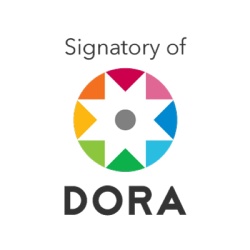The Reality of Knowledge Management in Organizations: Greater Amman Municipality Experience
Abstract
The modernity of knowledge management as one of the hour topics, imposed the necessity to address this research and to give him enough attention, by taking cognizance of its conceptual framework and trying to address the most important processes and strategies of knowledge management, in addition to explaining the motives that led the Greater Amman Municipality to adopt this concept, highlighting the practical steps taken by this municipality in establishing knowledge management as one of the criteria of excellence that it has set in its mission.
The results showed that the Greater Amman Municipality followed a set of practical stages in order to integrate knowledge management in the daily operations of the organization, from the awareness stage to ensure commitment to the planning and implementation stage, disseminate knowledge, and then ensure effective communication between the parties involved in this experiment. The gradual integration of knowledge is essential in order to exploit the implicit and explicit knowledge found in the organization, which enhances its competitiveness and excellence.
Downloads
References
Adriaenssen, D. (2017). Systemic value creation in knowledge organizations: aspects of a theory. Problems and Perspectives in Management , 15 (1), 45- 56.
Ahmed A.S., S., & Omar E.M., K. (2007). Knowledge management and organizational performance in the Egyptian software firms. International Journal of Knowledge Management , 3 (4), 37-66.
Ahmed A.S., S., & Omar E.M., K. (2011). Understanding the knowledge management-intellectual capital relationship: a two-way analysis. (E. G. Limited, Éd.) Journal of Intellectual Capital , 12 (4), 591-603.
al., A. A.-S.-A. (2012). Introduction to Knowledge Management. Amman: Dar al-Masirah Publishing and Distribution.
Al-Ali, N. (2003). Comprehensive Intellectual Capital Management: Step-by-Step. Hoboken, New Jersey: John Wiley & Sons.
Al-Jamous, A. R. (2013). Knowledge Management in Business Organizations. Aleppo: Dar Wael Publishing.
Call, D. (2005). Knowledge Management – Not Rocket Science. Journal of Knowledge Management , 9 (2), 19-30.
Development, A. O. (2014). The Impact of Knowledge Management on Organization Management. Cairo: Arab Organization for Administrative Development.
Hamshri, O. A. (2016). Knowledge management. Omman: Dar Al Yazouri.
Hassan, H. A. (2008). Knowledge Management Strategies. Amman: Dar Ithraa Publishing and Distribution.
Hussein Ajllat Hassan, K. M. (2014). Knowledge management. Amman: Dar Ithraa Publishing and Distribution.
Leydesdorff, L. (2018). The Knowledge-Based Economy and the Triple Helix Mode. Annual Review of Information Science and Technology, 368- 377.
Nesbitt, K. (2002). Designing a knowledge management system. http:// academic.edu:2081/products/faulknerlibrary/00018382.htm , 5-18.
Salem, I. (2012). Knowledge Management in Building Core Competencies. Amman: Al-Warraq Publishing and Distribution Foundation.
Seddighi, H. R. (2012). A Model of a Firm’s Innovation and Growth in a Knowledge-Based Economy. New York: Springer Science Business Media.
Wiig, K. M. (2000). Knowledge Management: An Emerging Discipline Rooted in a Long History. Boston: Despres et Chauvel (eds).
Wiig, K. M. (1997). Integrating Intellectual Capital and Knowledge Management. Long Range Planning , 30 (3), 400- 417.
Greater Amman Municipality website: http://www.amman.jo/ar/gam/about.aspx , (consulted on 20/12 /2019).

This work is licensed under a Creative Commons Attribution-NonCommercial 4.0 International License.





















